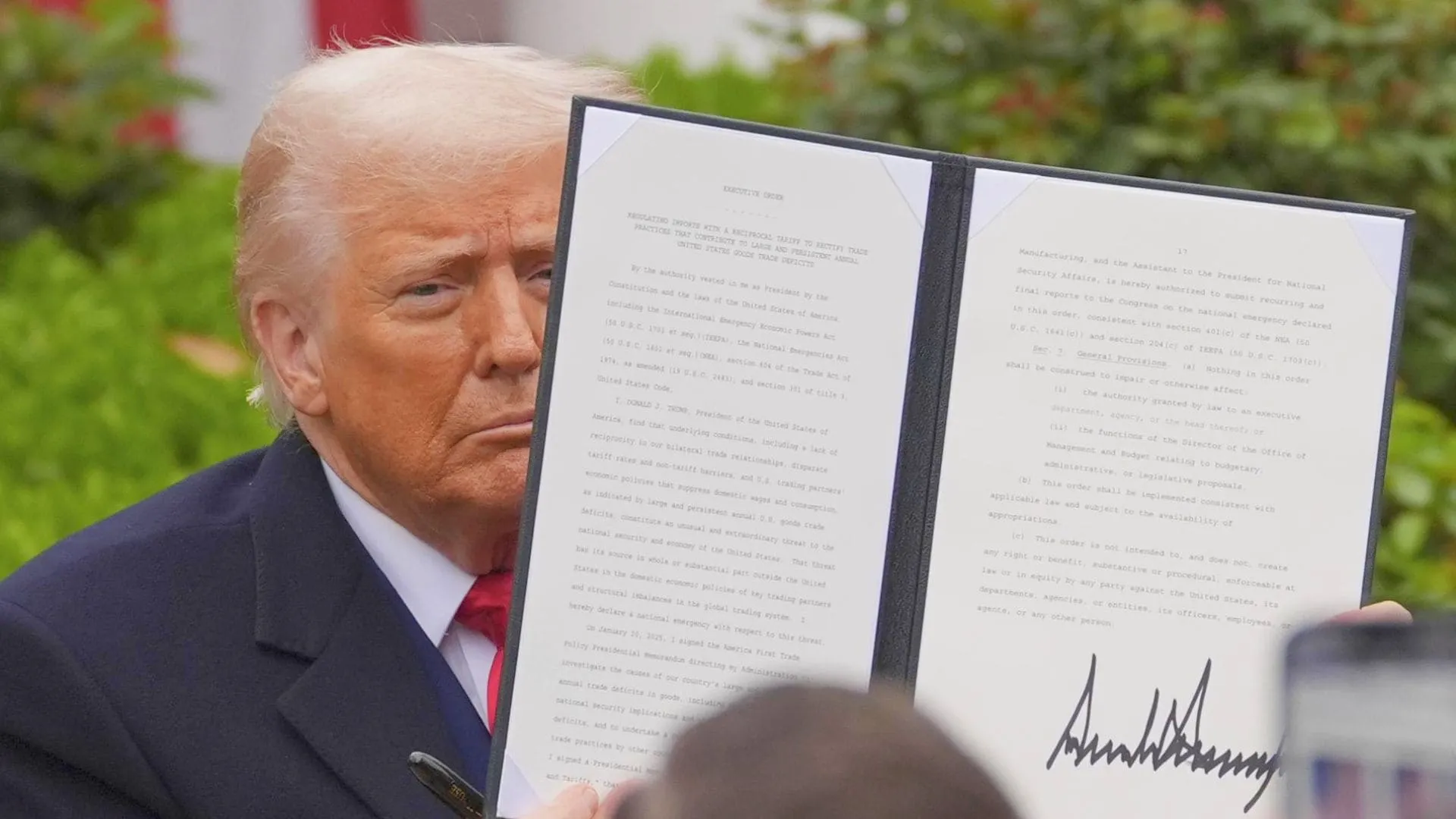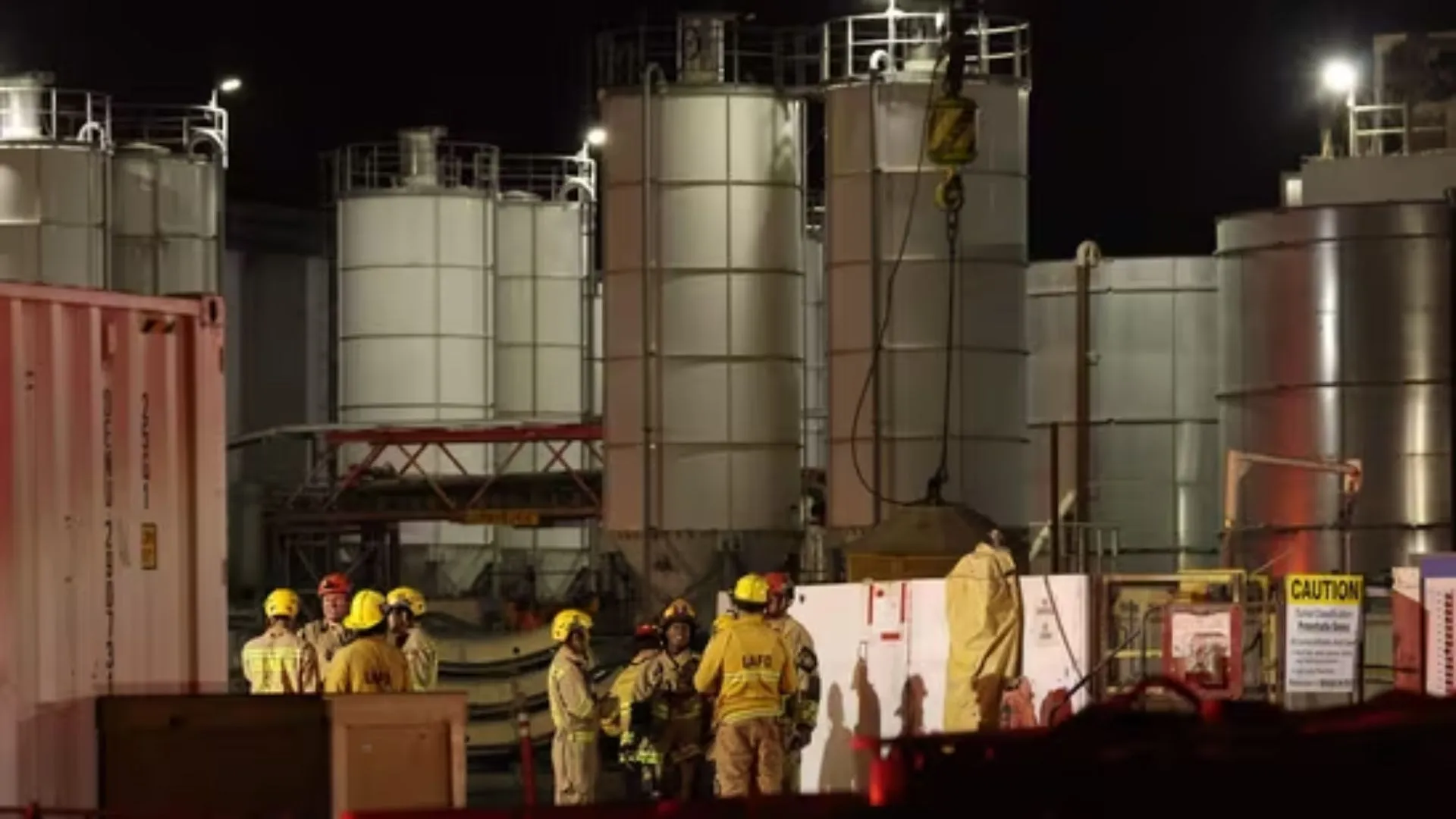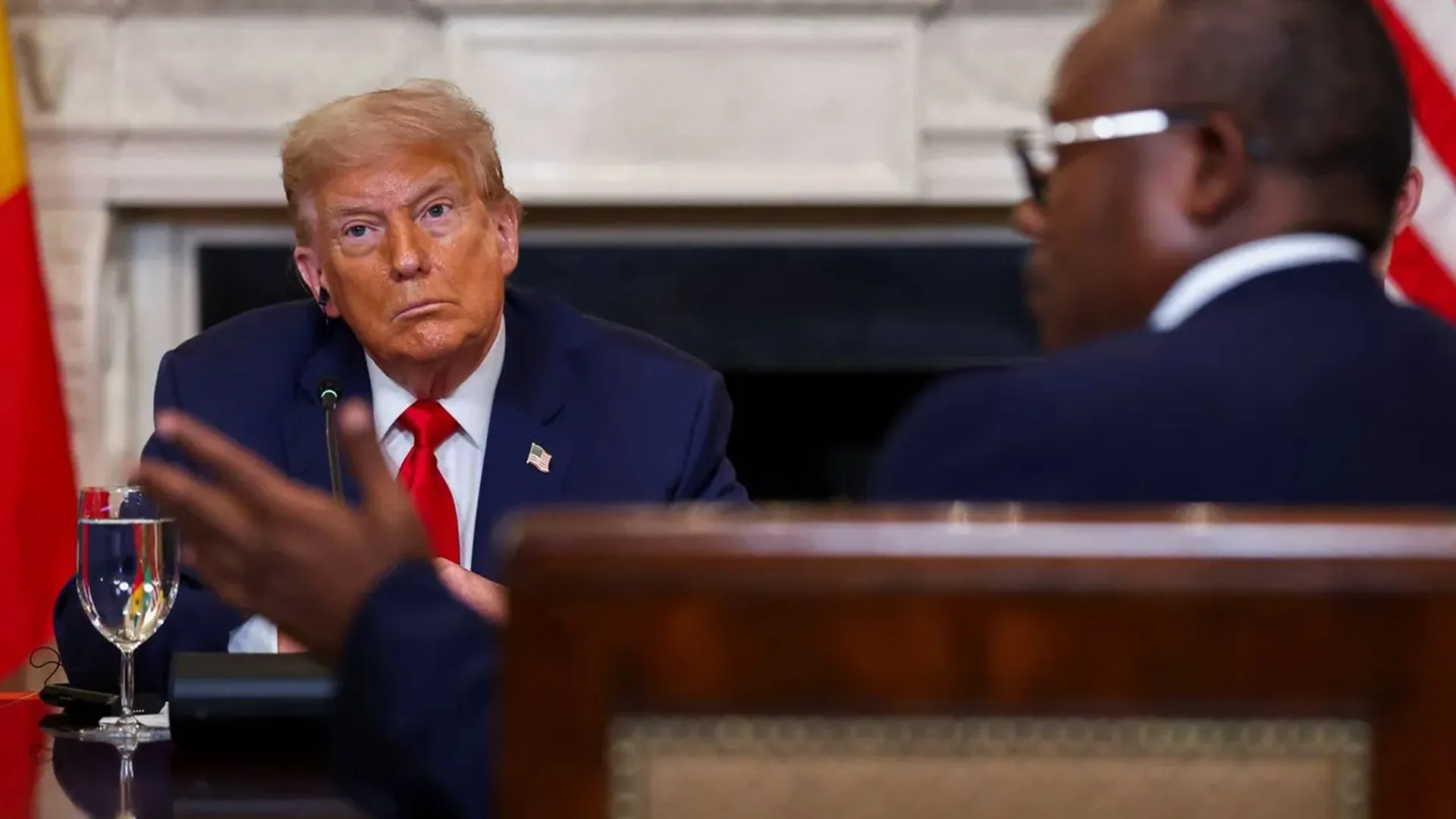Australia and New Zealand are leading the way in defending free trade after US President Donald Trump rocked markets by imposing sweeping tariffs on dozens of nations. Although Trump has suspended the levies for 90 days, the damage is done. His trade policy has shaken global markets, prompting regional players to act fast.
Now, nations from across the Asia-Pacific and Europe are coming together to save the rules-based system. This emerging coalition works to mitigate the shock of the intensifying trade war and calibrate international business. That’s why “free trade vs Trump tariffs” has become a classic economic struggle of 2025.
Trump’s tariffs provoke global dread
Trump’s move to impose high import tariffs has thrown global trade into disarray. China hit back with retaliatory tariffs. Other nations, such as those in Europe, are considering their next step. The US President subsequently postponed tariffs on many countries—leaving out China—but the threat remains. Markets responded quickly. Stocks plummeted while safe-haven assets such as gold rallied. The 90-day break has provided countries with little comfort. Many now worry about more profound, longer-term trade dislocations.
New Zealand Forges Pro-Trade Alliances
New Zealand PM Christopher Luxon is sounding the alarm to build more trade alliances. He met with the leaders of Singapore, Vietnam, Malaysia, and the EU. His mission: mobilize forces for free trade and defend the international system. Luxon said CPTTP countries should act together with the EU to push back against America’s protectionism.
He reminded that countries must act now and not later. “We can’t make the case for New Zealand sitting on the couch,” Luxon said in a speech to the Wellington Chamber of Commerce. He will later travel to the UK to meet with Prime Minister Keir Starmer to discuss trade and security.
Australia engages Asia and EU
Australia is also quietly doing its bit. Foreign Minister Penny Wong has reported that ministers have spoken with Japan, India, Korea, and Southeast Asian countries. Like New Zealand, Australia believes in open and fair trade. “There is a group of countries who see the benefit,” Wong explained. Canberra and Wellington will not retaliate against the US just yet. But they’re strengthening their bloc of like-minded economies to constrain America’s influence.
The increasing tensions have prompted nations to rethink trade strategy. Australia and New Zealand seek to prevent trade wars from becoming the new norm. With CPTPP member support and backing from the EU, they wish to reaffirm the importance of open markets. This alliance would act as a counterweight to the US and China. The path ahead will be difficult. But in a world torn apart, these countries are placing their bets on unity—and free trade—to safeguard their future.






















